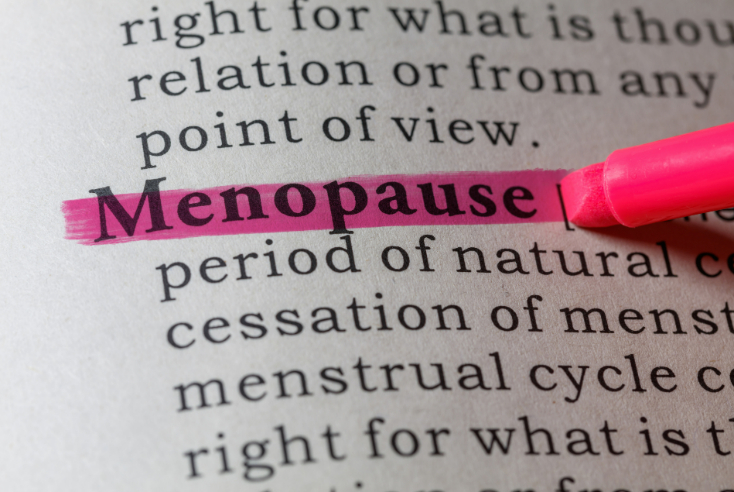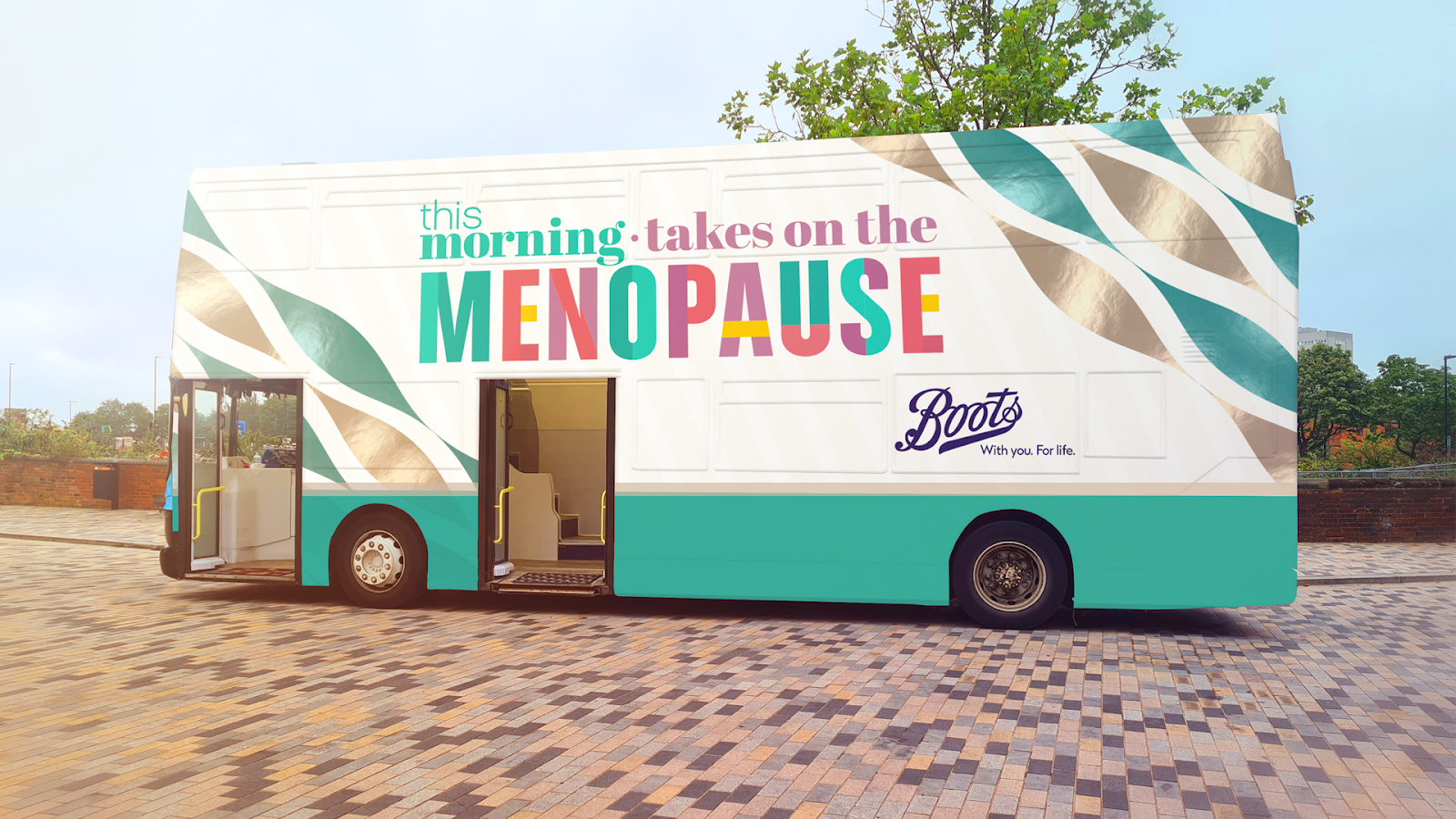Why better menopause support can help tackle talent crisis

Brands and agencies need to improve representation and adopt menopause support policies or risk losing more employees during the talent crisis, research has found.
Research by Kantar and menopause support provider, Over the Bloody Moon, found two thirds of women experiencing the menopause or perimenopause feel brands are not doing enough to support them, while 76% do not feel represented “at all” by brands’ advertising and marketing.
Another study by My Menopause Centre and Britain Thinks found 77% of the menopausal women they interviewed agreed that a woman’s experience of the menopause can negatively impact her performance at work, and 46% agreed they feel or felt under pressure just to cope with the symptoms of the menopause.
In the UK, more than 900,000 women are estimated to leave the workplace because of their medical symptoms from the menopause, according to another study with the Chartered Institute of Personnel.
Helen Normoyle, former chief marketing officer at Boots UK & Ireland and co-founder of My Menopause Centre told The Media Leader: “I think the key thing is that menopause ageism and sexism are all intertwined. It’s really hard to disentangle ageism from the menopause. When we look to crack or smash the taboos around menopause, it really is linked into how we think about age and ageism, and a really key part of the culture change needs to be around reframing what it means to get older. Everyone has a role to play in that, including brands.”
Justine Roberts, CEO at Mumsnet, agreed with Normoyle that many women, including Mumsnet users, going through the menopause or perimenopause often feel unrepresented and “invisible”.
Roberts and Normoyle both said they were “not surprised at all” by the findings of the research and urged brands and the advertising industry to make a greater effort to empower women to seek help and support rather than suffering through debilitating menopause symptoms in silence.
They both mentioned there are two sides to menopause support for brands and the advertising industry as a whole, firstly representation on and off screen, and secondly, internal work to recognise the menopause as a workplace issue and tackle the taboo with support policies so women can access medical support and feel they can stay in their jobs.
Roberts explained: “Mumsnet users experiencing menopause or peri-menopause often tell us that they don’t feel they can talk to employers about their symptoms. But if brands are having these conversations internally and tackling existing misconceptions, it’s not only a positive thing for their employees — it will also naturally feed through to how they represent menopausal women in advertising and media.”
Normoyle commented that there’s “a huge economic reason” for looking at how to develop products to serve the needs of women, and effectively engage and communicate with them, adding that advertising can play “a key role” to be a “force for good in changing the cultural narrative” around ageism, sexism and the menopause.
What needs to change?
Considering 51% of the UK population go through the menopause at some point, it still remains a taboo subject, especially in the workplace.
Despite this, attitudes are changing as Bloom UK launched a “menofesto” last week, Channel 4 gave £1m in inventory to Tena this year and curated a YouTube series Brave New Stories with Publicis Agency Starcom.
Not only that, but ITV’s flagship daytime show This Morning teamed up with Boots to take a Menopause Bus around Britain in July to raise awareness of and bring support to the half of all the women in the UK that are currently experiencing symptoms of the menopause.

Currently, there are an estimated 15.5 million women across the UK who are in some stage of the menopause transition based on data from the Office for National Statistics.
Eight in 10 of these women will experience symptoms according to the NHS (on average seven symptoms), which usually last for four to eight years but can last for up to 12 years.
Normoyle and Roberts highlighted many of these symptoms, which can include fatigue, joint pain, anxiety and depression, can be mitigated with appropriate prescriptions from a doctor which should be made more accessible to women, from hormonal supplements to CBT and HRT.
Roberts also said many people, in advertising and more broadly, have misconceptions around the menopause that it only happens to older women no longer in the workplace, with a limited set of symptoms like hot flushes, and that these are “inevitable” and something they just need to “suck up and get on with”.
In fact, she pointed out the average age for menopause in the UK is 51, so most women will be working as they experience menopause and as life expectancy is now in the 80s, many women will be menopausal or post-menopausal for 40% of their life.
Normoyle stressed that most women start to go through the three stages to the menopause transition (pre, peri and post menopause) in their mid- to late-40s, which is probably younger than most people think. She also said 1% of women can go through premature menopause before the age of 40.
Menopause support policies encouraging people to speak about the menopause at work with colleagues and line managers alongside adopting truly flexible and hybrid working policies and offering physical, mental and menopause healthcare support and resources where needed will help tackle these misconceptions as well as representation and inclusion so women feel they can stay in the industry.
Normoyle said these workplace adjustments to provide support to women at all stages of their career will also help close the gender pay gap and pension pay gap which remain “big economic issues” for women and women’s rights.
However, she warned that simply introducing a menopause work policy was not enough, and “a tick-box approach” should be avoided, not only because every woman’s experience of the menopause is unique, but also because the first change that needs to happen is changing the culture to “a truly inclusive culture”.
She says organisations need to ask themselves: “What are you doing to bring your menopause policy to life?”, urging companies to think about a top-down and bottom-up approach to normalise this conversation around by having senior leadership speak about it regularly, introducing menopause champions on the ground” as well as training for line managers and codifying workplace adjustments to ensure understanding and support through the menopause.




